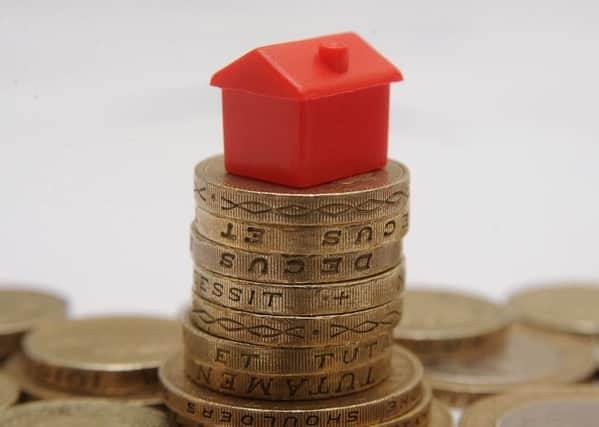Top four ways of getting your finances under control


1. How to create a budget
Creating a budget isn’t hard – to start you need to get together two or three of your most recent bank statements. You can use a spreadsheet or just a piece of paper and a calculator!
Start by listing and adding up what you’ve got coming in each month: your salary, benefits and any tax credits you get.
Advertisement
Hide AdAdvertisement
Hide AdNext, work through your outgoings. Start with the essentials – your rent/mortgage, household bills, food, travel, clothes, your mobile bill and council tax – money that has to be spent. Don’t forget outgoings like your TV licence or home and motor insurance.
Then note down your spending on leisure activities, such as nights out, takeaways, streaming subscriptions and so on. And be sure to write down all the cash withdrawals you’ve made during the month too. It’s a good idea to keep a spending diary to work out where all that cash goes if you’re having trouble keeping track.
Once you’re sure that you have listed all your incomes and outgoings, it’s time for the crucial bit – subtracting one from the other. Once you’ve got your answer, find out which situation you’re in from the options below:
2. Money left at the end of the month
If, after you’ve taken your outgoings away from your income, you’ve got money spare at the end of the month, you’re already in quite a strong financial position.
Advertisement
Hide AdAdvertisement
Hide AdYou should save your leftover cash for a rainy day, create an emergency fund or put it towards your pension.
If you’re thinking of borrowing money, check your budget first to work out whether there’s room for the repayments.
3. Broadly in balance
If you’re pretty much breaking even every month, why not see whether there’s any changes you can make to your budget to lower your outgoings and have more spare cash.
You may be able to save on your gas and electric by switching to a cheaper supplier, review your mobile phone contract or cut down on treats.
Advertisement
Hide AdAdvertisement
Hide AdIf you do have debts that you’re working on paying back, your budget will show you how much you can afford to put towards those debts each month.
How you tweak your budget is up to you, but ideally you should be working towards a point where you’ve more coming in than going out, and you’ve got room to put some savings aside each month.
4. Outgoings bigger than income
If your budget shows that you’ve regularly got more going out than coming in, you may need to make some tough choices to cut back on your spending. If the reason for the shortfall is down to the amount you’re spending on debt repayments, you might want to speak to a debt advisor or the Money Advice Service. They can suggest ways to help you get your budget back in balance.
So what’s stopping you? Start your budget today and create a financially-secure and stress-free future for you.
Debt Advisory Centre: 0161 871 4881